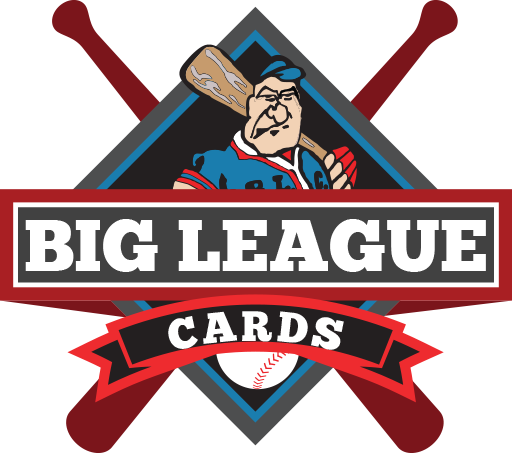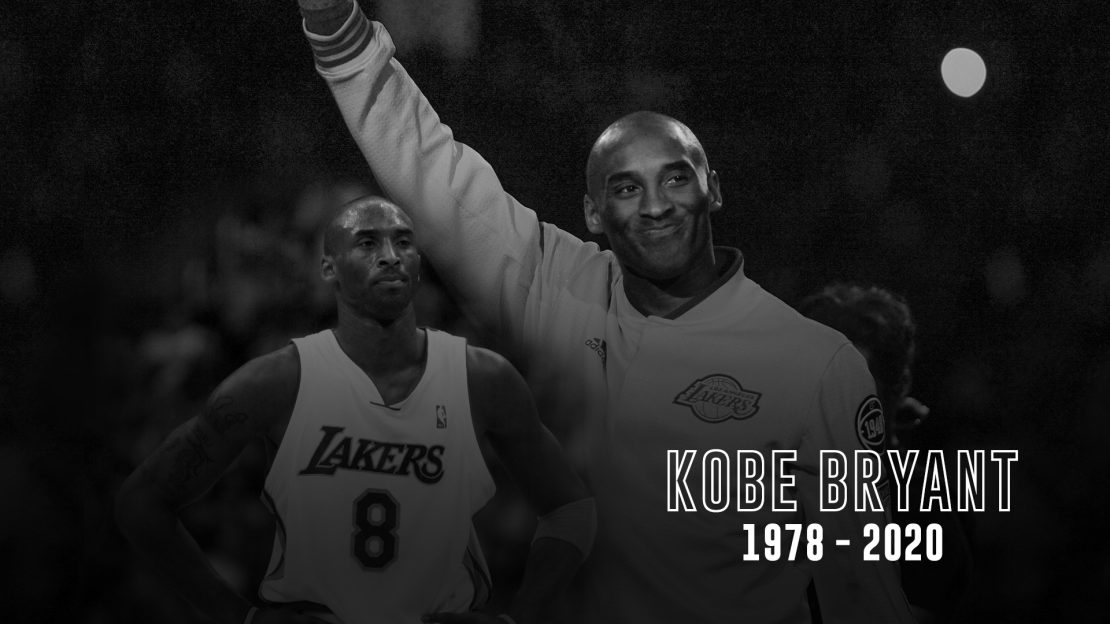Inside the Pack: Death and Sports Cards
On Sunday, the world was shocked by the news of Kobe Bryant’s passing. Bryant, just 41 years old, died tragically in a helicopter accident in California. While people mourned the loss of his passing, the sports card market responded the way it almost always does after a significant figure’s passing — with prices skyrocketing for everything the player graced with his presence.
I found out about the accident from a friend who called me, but had he not gotten in touch with me, I would have found out less than a minute later. That’s when I got a notification on my phone that a Kobe Bryant rookie card I’d had on ebay since 2017 and had never gotten an offer on sold at full price. That’s usually a telltale sign, and that’s how I found out about Yogi Berra’s death years ago; I woke up and saw notifications on my phone that two Yogi Berra autographs and a relic card I had on ebay had all sold to three different buyers. “Oh no! I think Yogi Berra died,” I said to my wife.
There are a few aspects of this that I certainly understand. When it comes to autographs, I completely get the huge jump in price after an athlete dies. That athlete can’t sign anymore, so other than sheets of stickers stuck in a warehouse somewhere that are destined to be placed on cards, there won’t be anymore autographs of that player. (As a side note, those stickers can, and often do, last a while. Duke Snider died in 2011 and still had new sticker autographs being released in 2019.)
Though it makes a little less sense to me, I also understand cards starting to sell at full, regular asking price. I’m not quite sure of the psychology behind it, but it seems to me that collectors may want to buy something of their fallen hero on the day of their passing as a memory or keepsake. It may also be the case that collectors recognize their collection is missing a certain key card of that player, or that now is as good a time as ever to just pay full asking price for it. The increased demand means the cheaper items sell out, and the “full price” items are the only ones left on the market. This goes beyond cards, too — in the Los Angeles Times article about Bryant’s helicopter crash, they noted, “Within a half an hour of the news breaking, a Barnes & Noble in Orange (California) had sold out of all photo books featuring the former NBA star.”
What I struggle to understand each time this happens is the tremendous increase in sales prices for non-autographed cards. Kobe’s rookies began flying off the shelf instantly. A 1996 Score Board All Sport PPF card sold for less than $2 on Saturday; on Sunday, one sold for $25. There is no real reason for these cards to become more valuable — Kobe didn’t suddenly become a better basketball player, or set a new record, nor did the card suddenly get discovered to be a short print or more rare than it had been previously thought. I had 3 Kobe items on ebay when Sunday began, and every one of them had been on ebay for over a year. By Sunday night, they had all sold, and other people were listing (and selling!) the same cards at 3, 4, or 5 times the price mine sold at — the same price it had been listed at for over a year with no action. In a few months, maybe sooner, the market will settle again and prices will go back closer to their pre-Sunday levels. They always do.
Autographs are a no brainer pick for an increase after someone passes. But huge jumps for rookie cards, inserts, and even base cards has never made sense to me. If you’re someone who purchases non-autographed cards at full asking price immediately after an athlete’s passing, I’d love to hear from you in the comments. With this happening so frequently, there’s clearly an aspect of this for collectors that I’m missing, and I’d like to know what that is.




